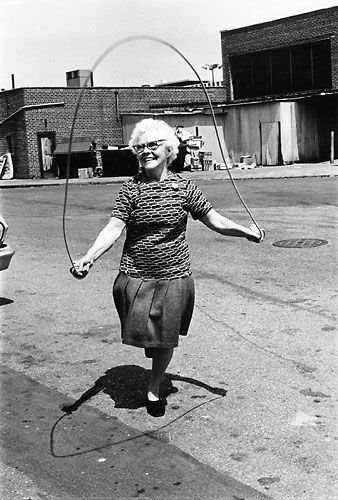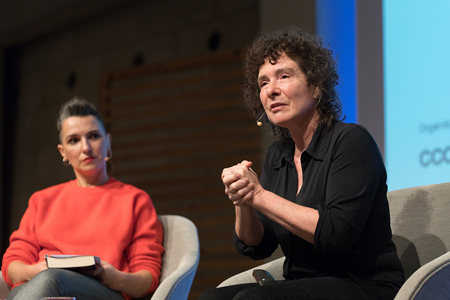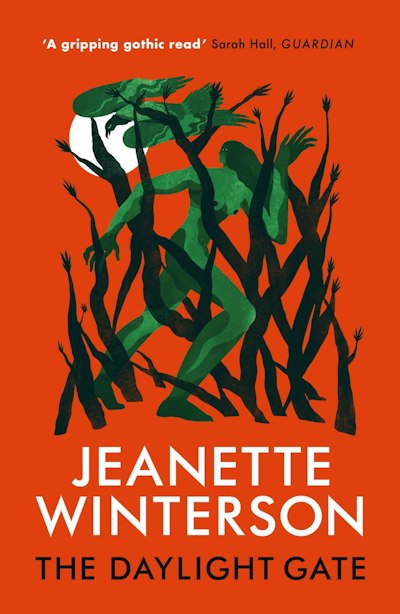


Briskly and breezily, it joins the dots in a neglected narrative of female scientists, visionaries and code-breakers who gave us modernity and could, she insists, deliver a viable future to us if only we’d get better at listening to them. It’s a series of essays that places women at the centre of the tumultuous 200-year history that stretches back to a wet summer in Italy, when a teenage Mary Shelley conjured the myth of Frankenstein from the embryonic science of electricity.

We’re at a transitional moment in so many ways, she says – a perfect moment to launch a book that reassesses the past while staring the future in the face. These public artworks only arrived a few weeks ago, Winterson explains, as part of a grand plan to pedestrianise the area, and make it more buzzy, just at the moment that the sort of well-heeled office workers who bought upmarket chocolates are abandoning it owing to the Covid pandemic. It’s as if a scene from Dickens’s The Old Curiosity Shop has been dropped into a satire about prosperity Britain: the quaint old shopfront is still intact, while outside it a lifesize sculpture of a rowing boat full of people sits surreally in the middle of the street, and a little further along, a herd of large bronze elephants frolics. “It was uproar,” she says, “We saw cars on fire.” Her flat is in the East End district of Spitalfields in a Georgian house, which she bought 25 years ago, complete with a little shop that she ran for years as an organic grocer and tea room until the rates got too high, and she let it out to an upmarket chocolatier. It’s the morning after the night before, when she travelled across London after dinner with her publisher to scenes of football fans setting the city alight with their cup final fervour.

T here’s a disconcerting silence outside Jeanette Winterson’s London pied-a-terre.


 0 kommentar(er)
0 kommentar(er)
